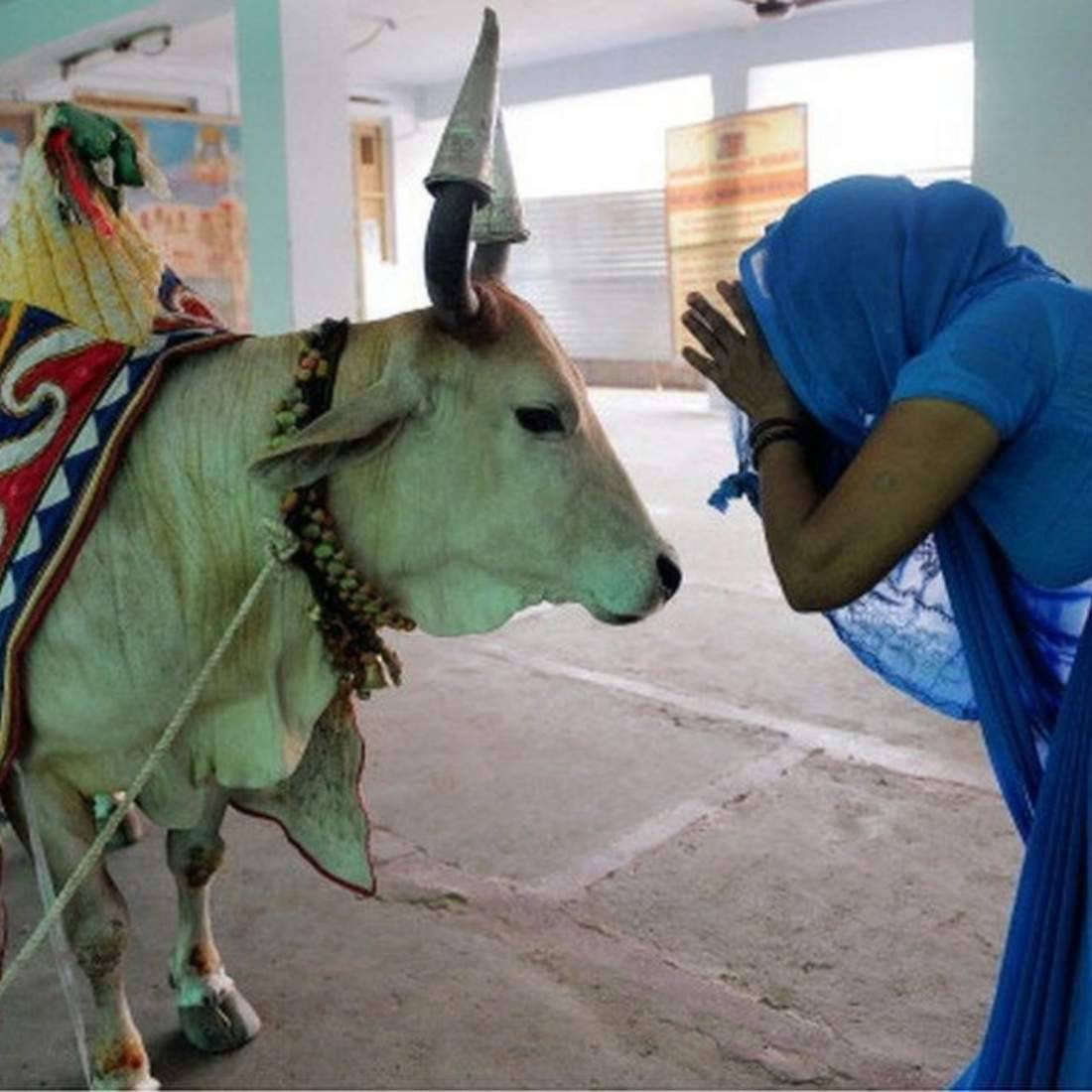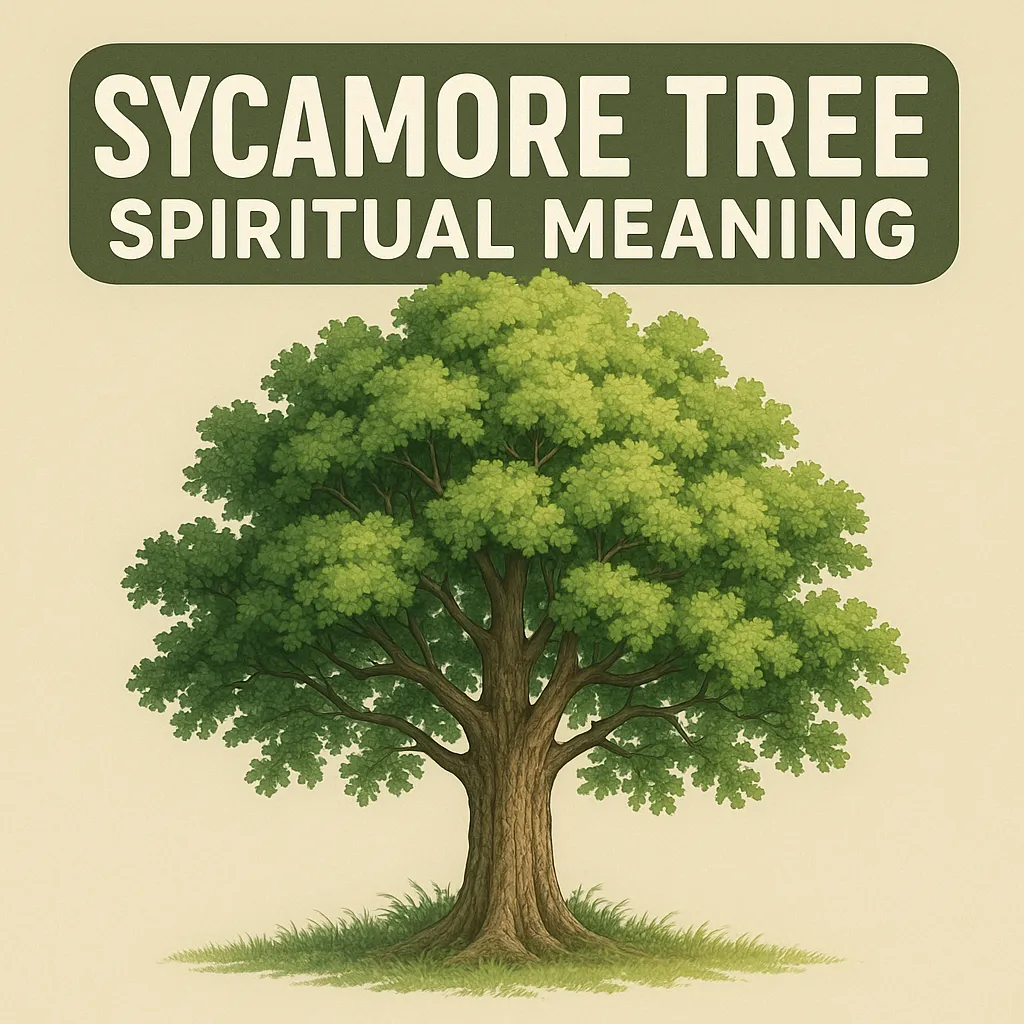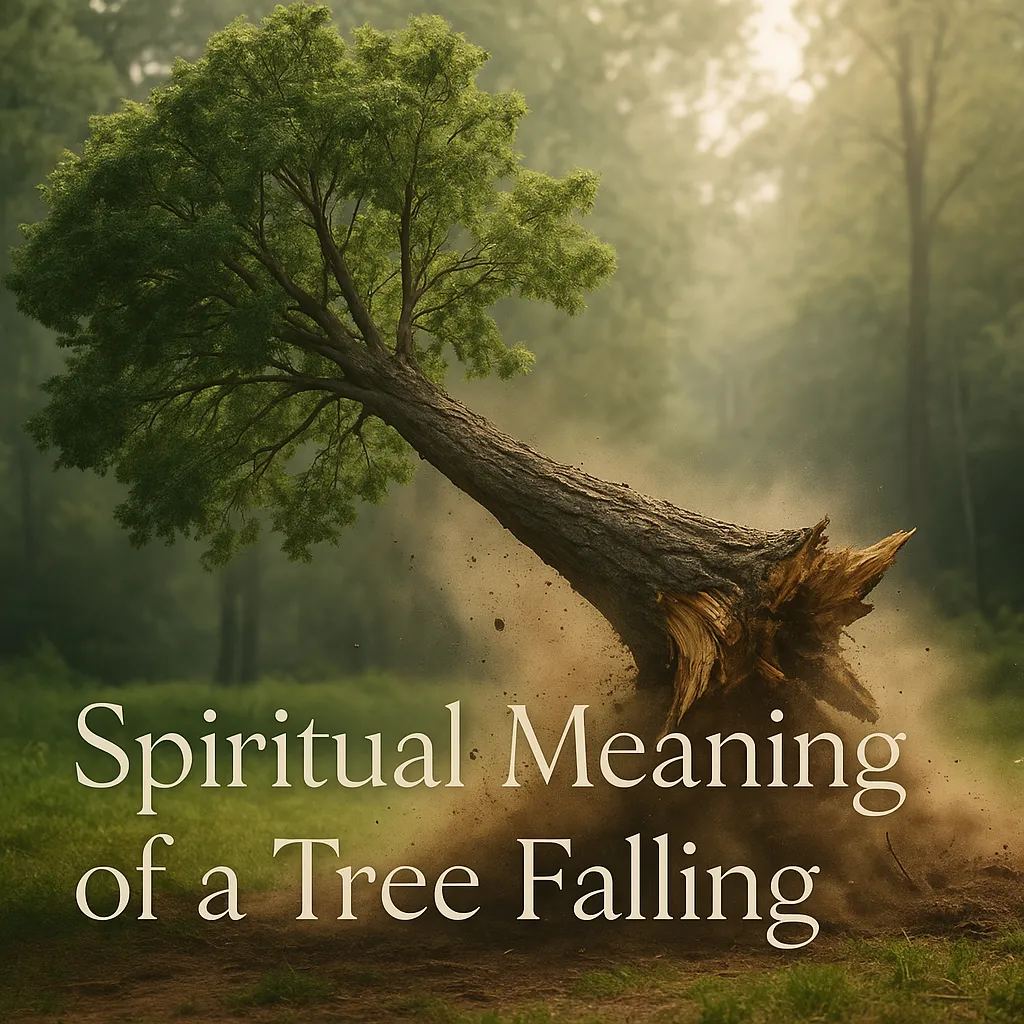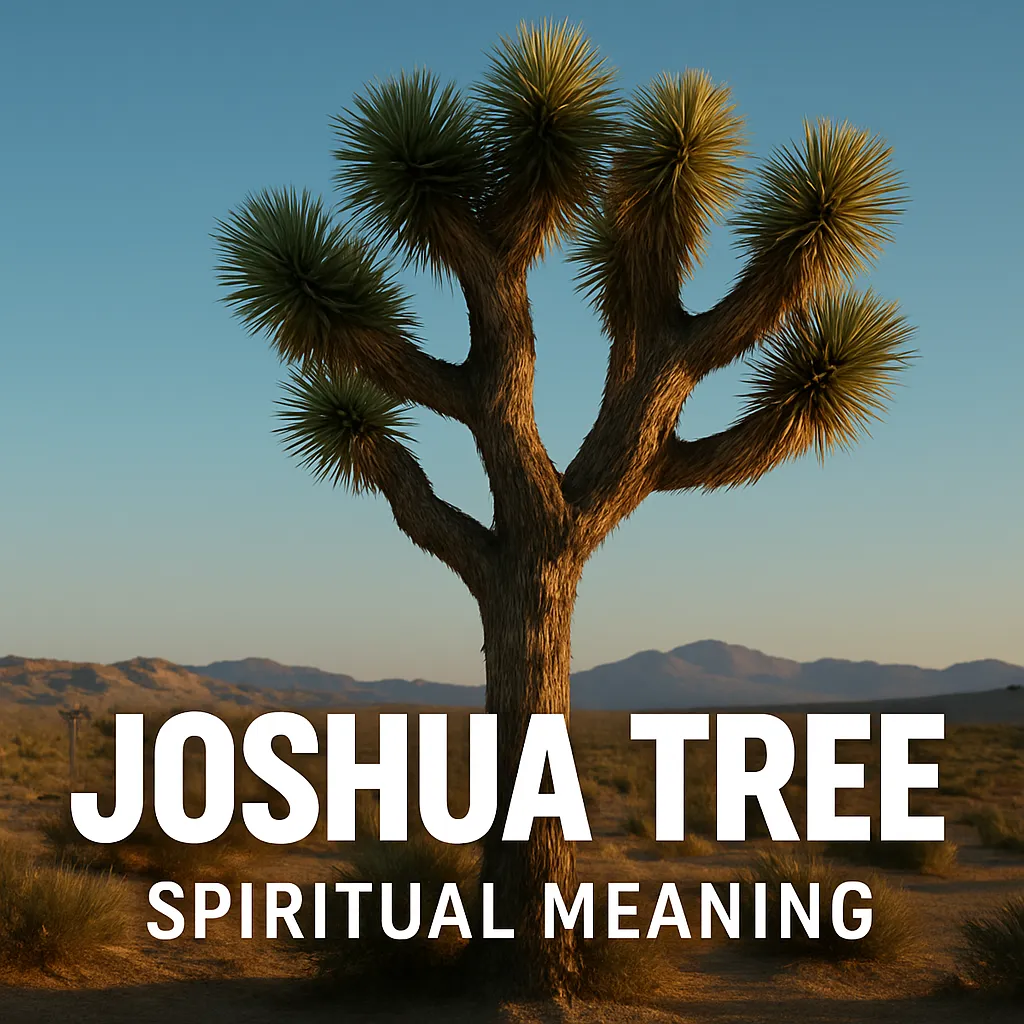Got Milk?: Why The Cow Symbolism Offers More Than Just A Nutritious Drink
Known as one of the most common mammals in the world, the cow has long played a critical part in ensuring the survival of humans and other animals. Highly revered in several cultures, particularly the Hindus, for their great spiritual significance, these intelligent creatures come into our lives to bring messages of perception, community, and productivity. From helping support biodiversity and preserving wildlife habitats to teaching us how to see things in a more peaceful light, let’s graze into the enchanting cow symbolism.
“A cow is not oppressed by its own hump.”
– Swahili Proverb
Table of Contents
- 1 Key Takeaways
- 2 What do cows symbolize?
- 3 Cow symbolism in different cultures
- 4 Cow symbolism in the Bible
- 5 Cow symbolism in the Islam
- 6 Cow spirit animal
- 7 Cow animal totem
- 8 Understanding Cow Symbolism and Its Spiritual Significance
- 9 Conclusion
- 10 References
- 11 FAQ
- 11.1 Is a cow a good omen?
- 11.2 What does it mean when a cow licks you?
- 11.3 Why do Americans say ‘holy cow’?
- 11.4 What does a cow symbolize in Mexico?
- 11.5 What makes cows sacred in different religious traditions?
- 11.6 How do cows symbolize nurturing and abundance?
- 11.7 What qualities does the cow represent as a spirit animal?
- 11.8 How do cows represent community in spiritual symbolism?
- 11.9 What lessons about perception do cows teach us?
- 11.10 Why are cows associated with divine feminine energy?
- 11.11 How does cow symbolism teach environmental stewardship?
Key Takeaways
- Cows symbolize spiritual significance across multiple cultures, particularly in Hinduism where they’re deeply revered as sacred beings worthy of protection and respect.
- These gentle creatures represent four primary symbols: perception, community, Mother Earth, and productivity—reflecting their natural abilities and social characteristics.
- In various religious traditions, cows are associated with divine figures including Lord Krishna in Hinduism, the goddess Brigid in Celtic mythology, and Hathor in Egyptian culture.
- As a spirit animal, the cow represents inner strength, fertility, compassion, and leadership—guiding us to face life’s challenges with confidence and patience.
- The cow’s symbolism of nurturing and abundance connects humans to Mother Earth, teaching us values of sustainability, community care, and environmental stewardship.
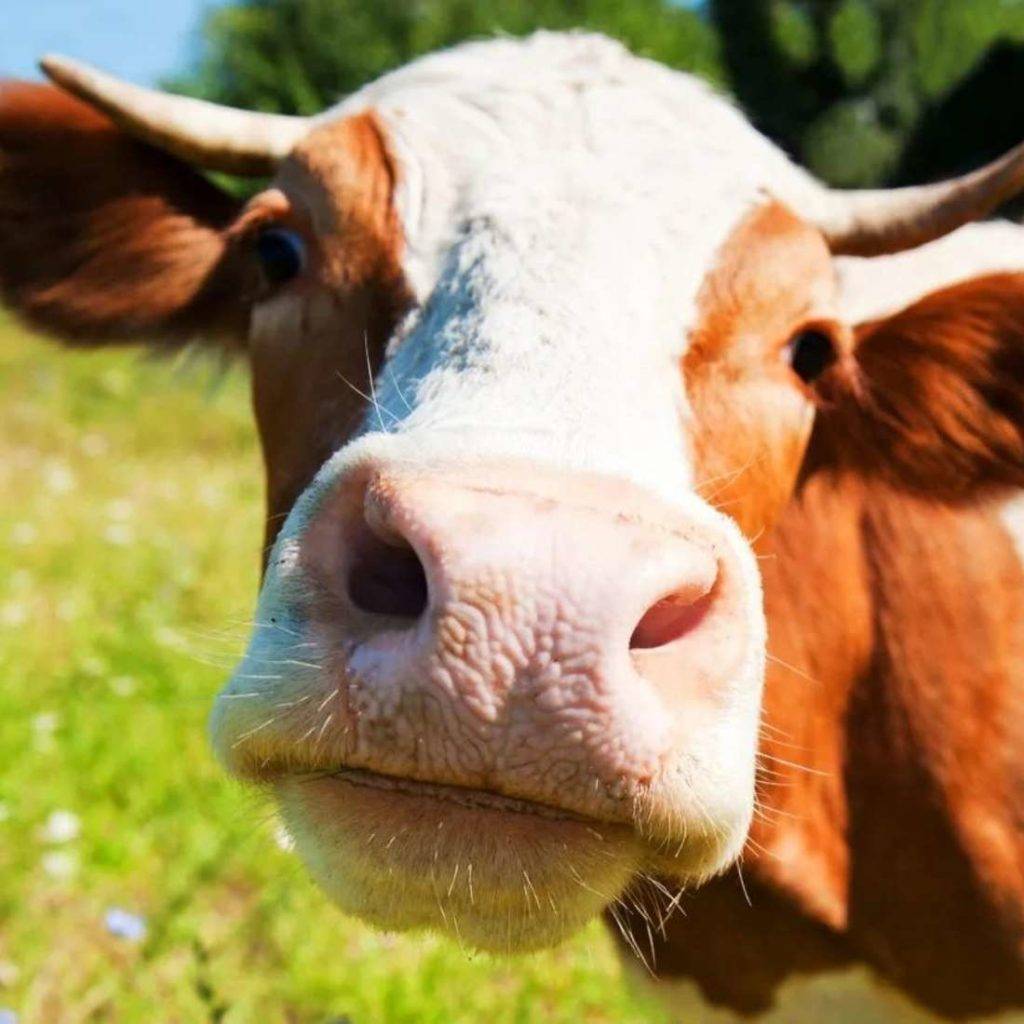
What do cows symbolize?
Utilized by our ancestors for pulling heavy loads, to make leather, and for their meat, cows have held a level of importance to humans for making farm life easy and convenient. Believed to be an image of the divine in several traditions, these curious creatures are deeply protected, particularly by the Hindus. They are viewed as an animal that needs to be loved, preserved, and deemed irreplaceable.
Here are the top symbols the cow stands for:
- Perception
- Community
- Mother Earth
- Productivity
Perception
Boasting well-developed senses, cows can determine potential danger, enabling them to move away from any predator attack. Along with having their eyes on the side of their heads and a heightened sense of hearing and smell, they can see would-be threats that may come from behind as they were gifted with a 300-degree sight range.
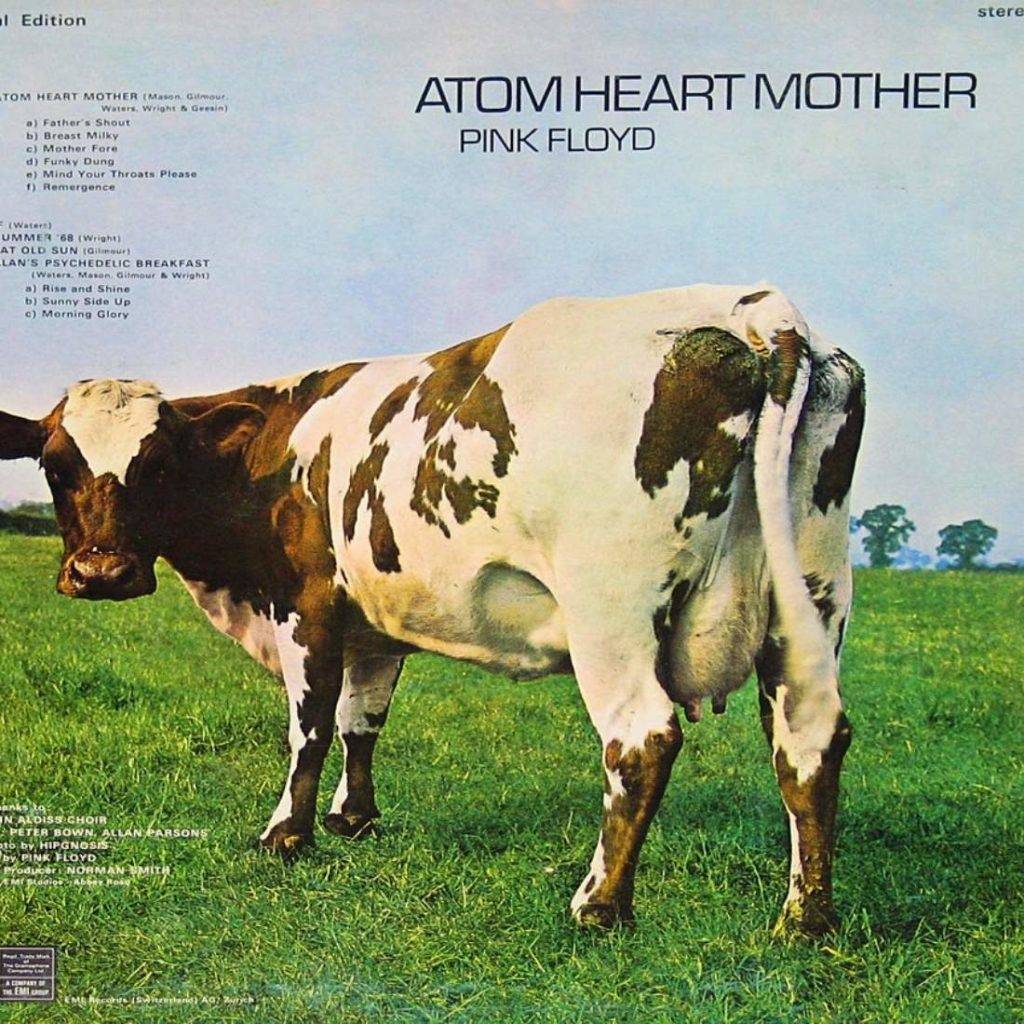
Inspiring us to be more watchful of our environment, the cow comes into our lives to help us develop the ability to block out distractions. It helps us make wiser decisions that lead to better opportunities and spur our personal and spiritual development.
Community
Much like any other herd animal, cows feel safest in the presence of their peers. Perhaps due to their lack of capability for self-defense, they have been observed to develop close bonds with members of their group and would choose to sleep close to others to ensure their protection.
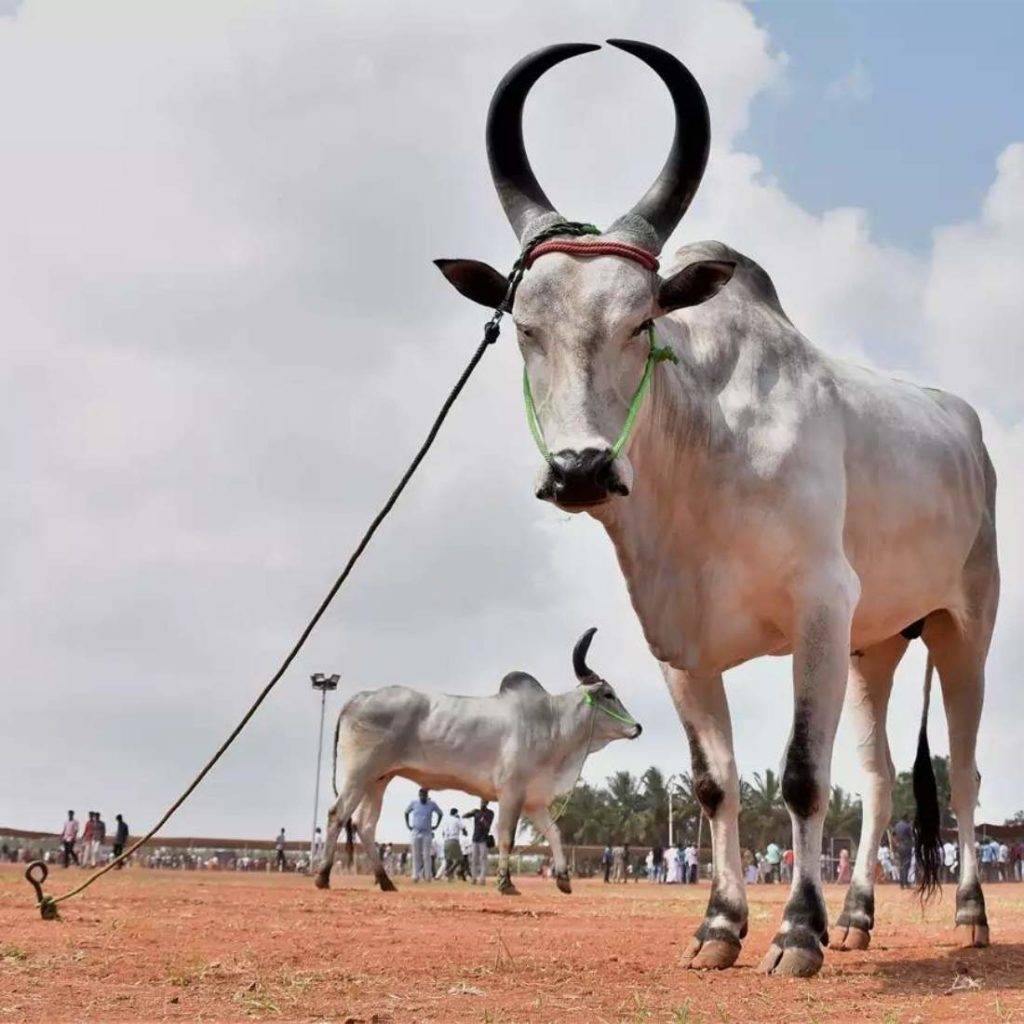
While cows would want us to make good use of our unique skills and express our individuality, they scamper into our lives to remind us that having the presence of family and friends is of the utmost importance.
Mother Earth
The cow symbolism stands for nurturing and fertility, the cow is closely associated with the concept “Mother Earth” in lots of cultures. In this context, cows are also seen as symbols of nurturing. They provide us with food and shelter, and they care for their young. In some cultures, the cow is seen as a mother figure who provides us with everything we need.
Productivity
Although they are unlike many animals that can give birth to scores of little ones at a time, many traditions see cows as a sign of one’s readiness to bear and look after a child. As herds of cows have been observed to work together to ensure the safety of their young, their presence indicates our willingness to take on the hardships and difficulties that life.
These naturally shy yet highly productive creatures motivate us to face our challenges with confidence for our talents and spiritual strength are enough to overcome them.
“It doesn’t matter how much milk you spill as long as you don’t lose the cow.”
– Harvey Mackay
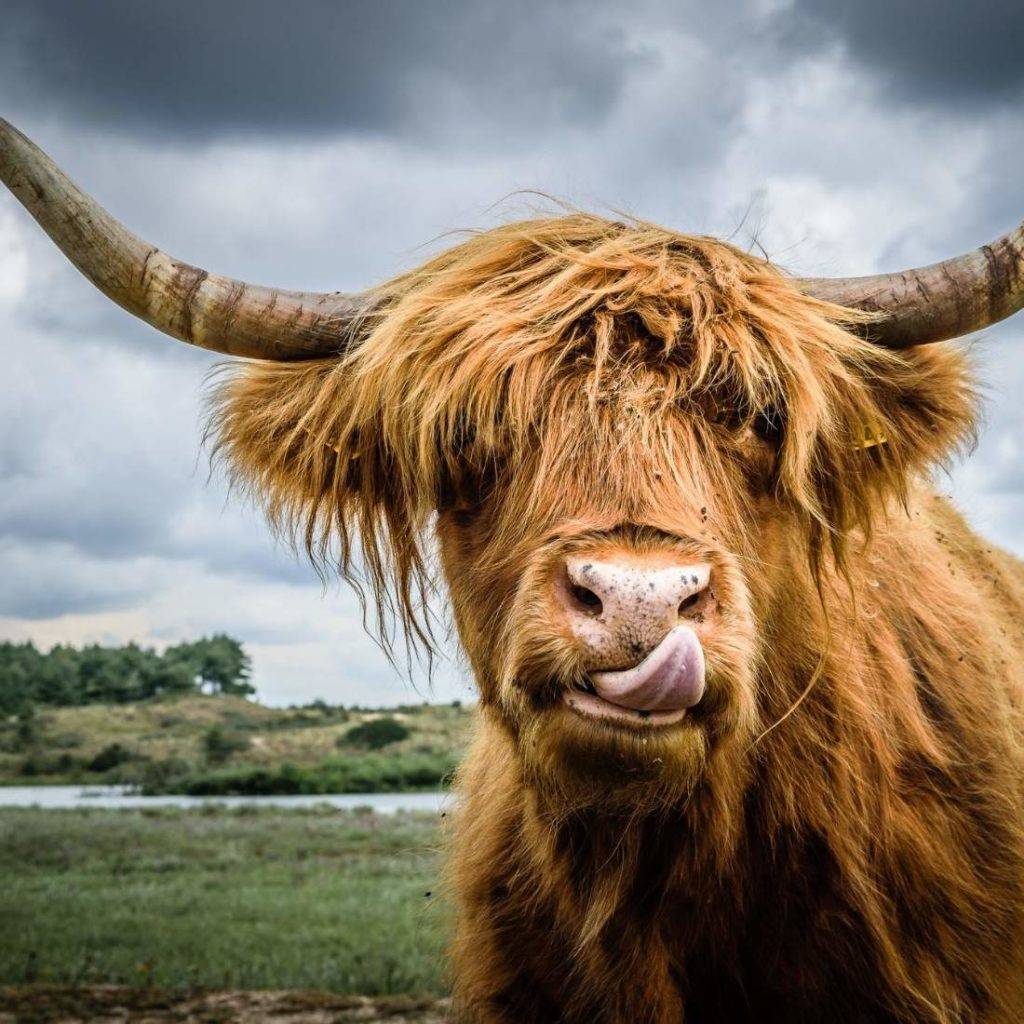
Cow symbolism in different cultures
From smoked meats to butter and cheese, cows produce some of the most delightful treats across many countries. However, these brilliant creatures of joyful nature carry a list of legends that easily make them the stuff of myths and lore.
Whether it’s for their many environmental benefits or their wonderful spiritual gifts, here’s why even cow urine and dung are cherished by some.
Buddhism
A symbol of abundance and fertility across several cultures, these typically calm creatures are perceived to be the most sacred animal by Buddhists, particularly because of their tender and generous nature.
Often seen to signify our connection with Mother Nature, the cow symbolism was held in high regard as symbol of prosperity and wealth. They were also seen as spirit animals that provide us with the strength and nourishment to ensure the survival and stability of life.
Celtic Culture
While they are known for adoring beasts for their varying mystical abilities, Celtic mythology identifies cows with the goddess Brigid who represented spring, fertility, health, and healing. Widely respected in ancient Ireland as a representation of motherhood and birth, the cow’s capacity to provide the world with a nutritious drink made the cow a revered figure that inspires people to always be at their best and to be more effective.
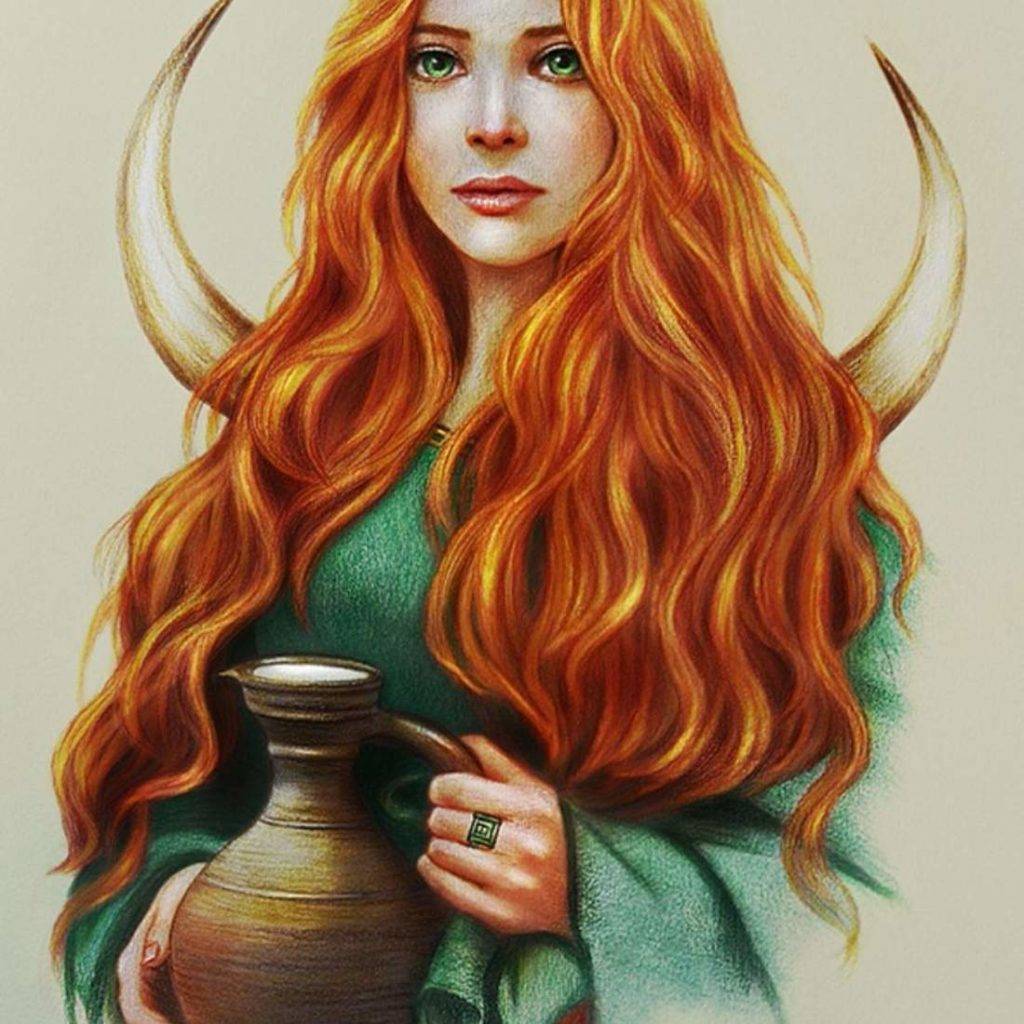
Hinduism
Recognized as one of Hinduism’s most revered figures, Lord Krishna appeared thousands of years in the past as a child who looks after these highly-venerated creatures. Honored by many as a reincarnation of the god Vishnu, Krishna’s fondness for cows inspired generations to hold cattle with absolute respect and adoration.
Perhaps because of its willingness to nourish and provide without requiring anything other than water, grain, and grass, Hindus have long-held cows to be sacred. Ensuring that these animals are kept safe and protected, they believed that partaking in animal slaughter is immoral and is considered a form of destructiveness towards life.
However, nowadays the number of stray cows in India is growing at an alarming rate, and it’s causing quite a problem for both Hindus who believe these animals are gods as well.
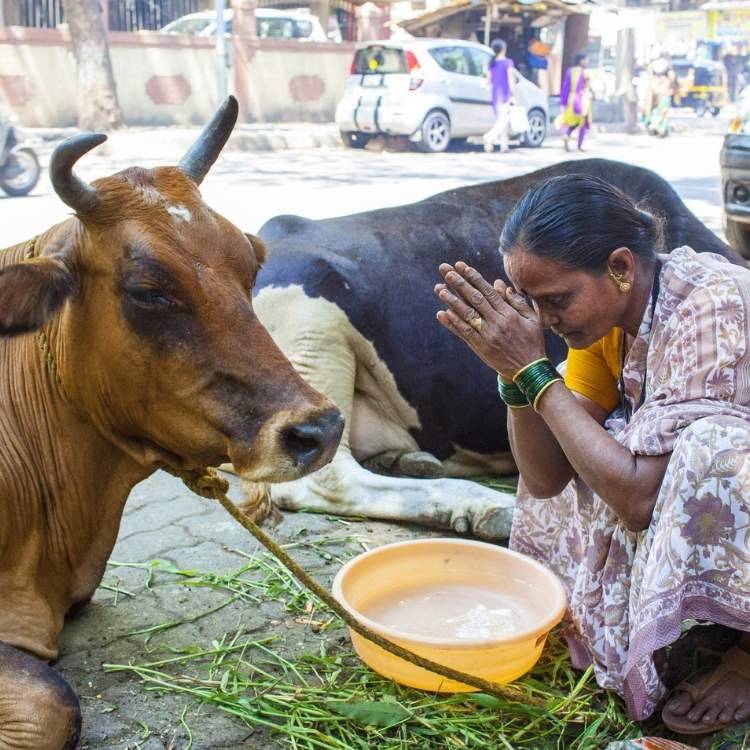
Native Americans
While Native American tradition sees the cow as a spirit animal that inspires us to prosper and gain a life of abundance, these loving creatures teach us the importance of staying humble and grounded, as well as taking good care of the environment.
Rarely showing signs of aggression, the cow’s strong bond with the members of its herd is seen to symbolize our innate need for connections and our tendency to be protective of our family.
Egyptian mythology
Cows were also revered in ancient Egypt, where they were seen as symbols of motherhood and fertility. The cow goddess Hathor was one of the most popular deities in Egyptian culture. She was often depicted as a cow or a woman with the head of a cow and was the mother of all gods and goddesses in ancient Egypt.
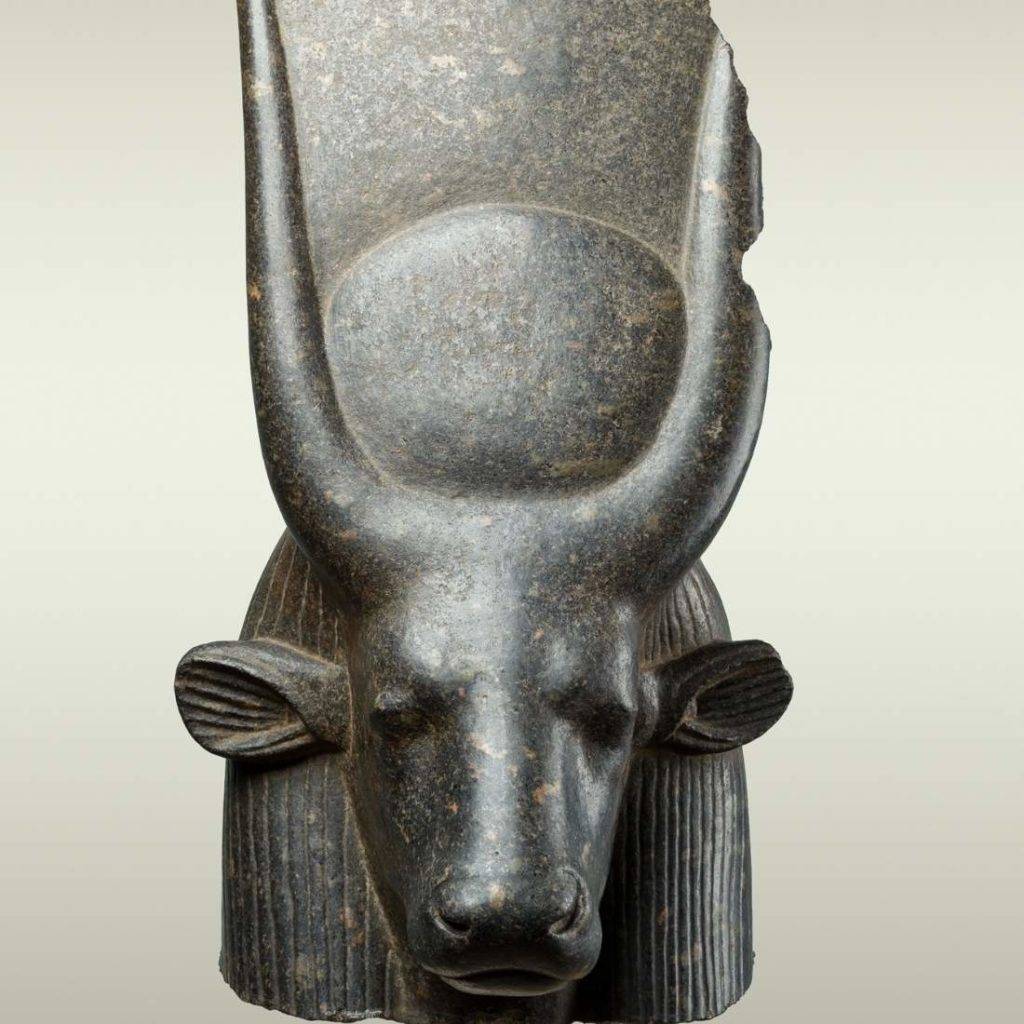
Norse mythology
For the Northern people, the first being in the cosmos was a cow. It’s true that many sources claim Ymir, an enormous goddess who lived on earth before all others and became its soil after she died – also known as Earthmirta (the personification) or Jarnkvinna(goddess). In Norse mythology, the cow symbolism was manifestated as Auðumbla and according to the Prose Edda, she licked the first man Buri out of a block of ice.
Cow symbolism in the Bible
Judaism
Regarded as a representation of the continuous struggle between good and evil, this Abrahamic tradition holds the cow as a symbol of Israel’s stubbornness when they built and worshipped an image of a golden calf as they waited for Moses to come down from Mt. Sinai.
As the Hebrew Bible acknowledges the significance of the cow in purification rituals, devout Jews would often use them as a sacrifice to cleanse those who have come in contact with dead bodies of both animals and humans.
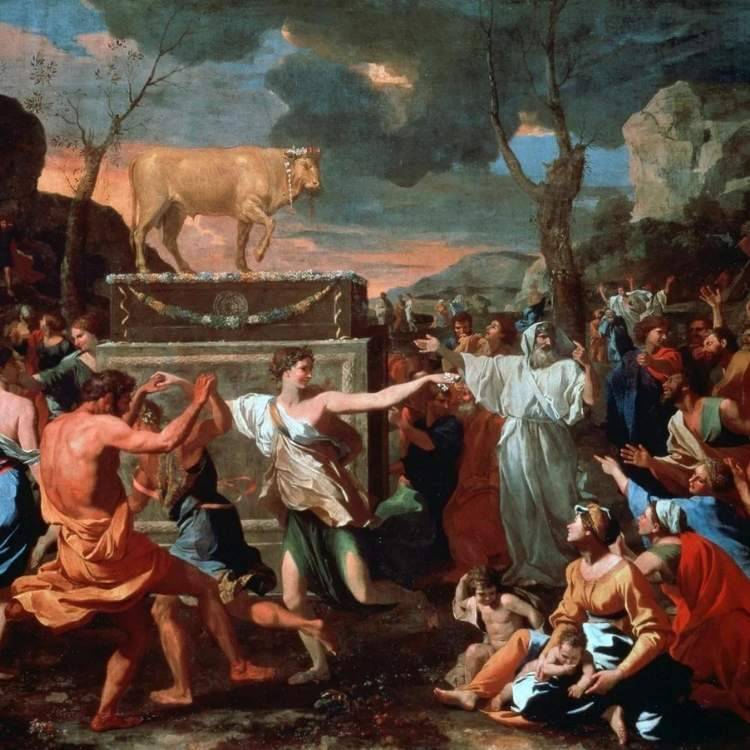
Christianity
Greatly associated with the feast of Saint Charalambos, the Greek Orthodox sacrificed oxen in countless villages in Greece. While such a practice has been widely criticized by church authorities, the offering of a red cow is believed to incite the rebuilding of the Third Temple on the Temple Mount in Jerusalem.
Gentle, meek, and obedient, the act of sacrificing a cow represents how Jesus Christ offered himself to the Romans to save humanity from their sins. While Christians do not restrict or prohibit the consumption of beef, they maintain their devotion to the belief that all forms of life are of the utmost importance and are worthy of respect and love.
Cow symbolism in the Islam
Authorizing the slaughter and consumption of cows provided that it follows the dhabihah or zabiha religious ritual, cattle play a critical role in the Muslim holiday Eid al-Adha which honors the willingness of Ibrahim to sacrifice his son Ismail to adhere to the command of Allah.
Regarded as the longest surah of the Quran, Al-Baqara, which translates to “The Cow,” is derived from the passage where Moses ordered his people to sacrifice a cow to bring a murdered person back to life to reveal his murderer. While some would say that any cow would do, dedicated Sunni and Shia Muslims prefer the sacrifice of the red heifer over the others.
“The cow drinks water and it turns to milk; the snake drinks water and it turns to poison.”
– Japanese Proverb
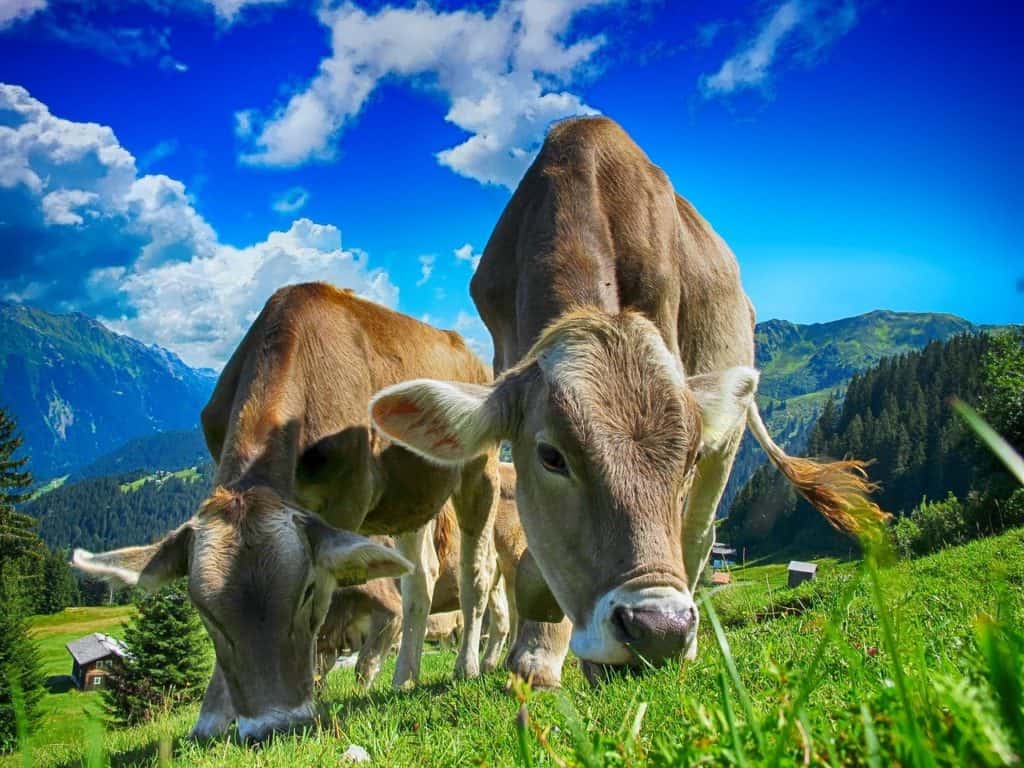
Cow spirit animal
While it has been widely understood that they choose us rather than us doing the picking, our spirit animals communicate with us and act as our guide towards a more righteous path as we go through life.
Having long been regarded as a creature that provides us nutrition and sustenance, the cow’s image stands for our capacity to tap on our inner strength which is a gift from the heavens. By urging us to be more confident about ourselves, this courageous creature helps enhance our determination and tolerance and teaches us to be more compassionate.
A spirit animal that comes into our lives to make us aware of our readiness to bear, its appearance symbolizes our capacity to start our own family. The cow’s strong association with fertility tells us how we should prepare ourselves as the arrival of new life is soon expected.
Since cows were gifted with the ability to herd their group to safety, being in their presence implies our maturity to lead and keep our herd away from harm. It also shows our capacity to act with steadfastness and compassion.
The bull, by the way, is a different topic – we have written about the spiritual meaning of the bull here.
Cow animal totem
Serving as a physical and symbolic image of our spirit animals, an animal totem comes brimming with characteristics that offer spiritual benefits to our lives. Recognized as a spiritual guide that helps us go through our struggles, having the cow as our animal totem encourages us to keep going and never lose hope regardless of how difficult life has been (btw, the cow made it also on our list: top 10 animals that represent hope).
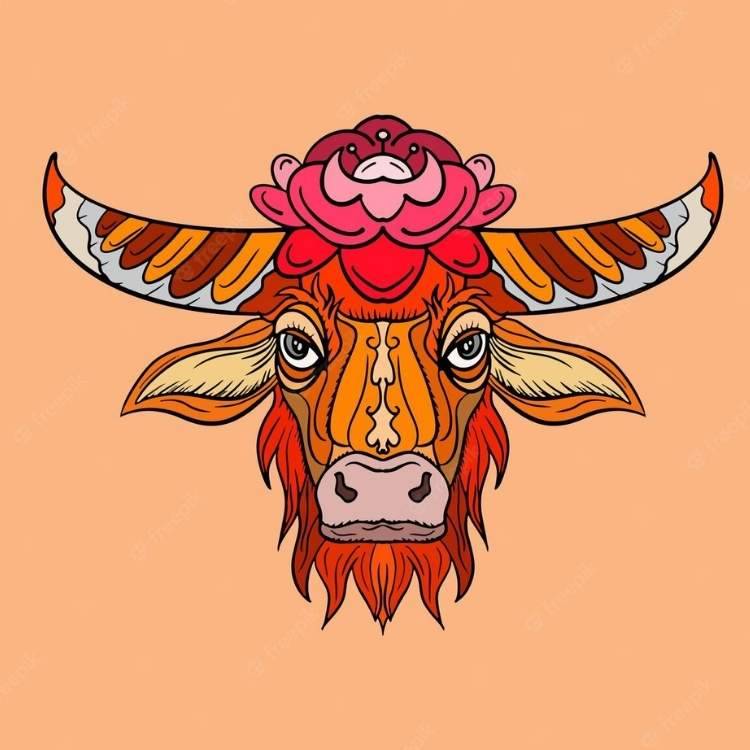
Featuring four strong legs that stand firmly on the ground, these fearless mammals give us the spiritual strength to hold our ground and face adversity head-on.
Often seen in open spaces with their herd chewing on an abundance of grass, they remind us that no man is an island and that we belong to a company that sees and appreciates our importance.
Understanding Cow Symbolism and Its Spiritual Significance
When exploring the rich symbolism of cows across various cultures and religious traditions, we find that these gentle creatures embody much more than their physical presence. The cow symbolism offers profound spiritual lessons about nurturing, abundance, and community that resonate deeply with our human experience.
The Universal Language of Cow Symbolism
Cows represent a beautiful paradox in spiritual symbolism – they are simultaneously ordinary and sacred. While commonly found in pastures worldwide, their symbolic meaning transcends geographical boundaries and connects diverse belief systems. In studying cow symbolism, we discover that ancient civilizations and modern societies alike recognize these animals as embodiments of divine feminine energy and earthly abundance.
The symbolism of cows teaches us that true spiritual wisdom often comes from observing and respecting the natural world around us. Their peaceful demeanor and nurturing nature remind us to slow down and appreciate the simple gifts of life. Just as the cow provides milk without reservation, we too can learn to give generously without expectation of return.
Connecting Ancient Wisdom and Modern Understanding
When we examine cow symbolism throughout history, we find recurring themes of fertility, motherhood, and sustenance. These themes bridge ancient practices and contemporary spiritual understandings. The cow’s association with the earth and its cycles helps us recognize our own connection to natural rhythms and seasonal changes. By honoring the cow as a symbol, we acknowledge our interdependence with the natural world.
Many seekers of spiritual wisdom turn to animal symbolism as a pathway to deeper understanding. The cow, with its gentle eyes and calm presence, offers particularly accessible lessons about patience and acceptance. By contemplating the spiritual significance of cows, we open ourselves to receiving insights about our own capacity for nurturing others and creating abundance in our lives.
Whether viewed as sacred beings worthy of worship or as spiritual teachers offering practical wisdom, cows remind us that divinity can be found in the ordinary. Their symbolism continues to evolve and enrich our understanding of the relationship between humans, animals, and the divine source that connects all living beings.
Conclusion
Cherished and respected in numerous traditions, having the cow in your life is a sign of your deep spiritual connection with the divine. Apart from giving you the wisdom to be more tolerant and understanding of others, they nibble their way into our consciousness to fill us with positivity and faith. Whether you refer to them as sacred or holy, their many practical and spiritual offerings define why they are often heralded as a reliable cash cow.
The cow also shows up on our list of animals that represent loyalty.
References
- https://www.beano.com/posts/cow-facts
- https://en.wikipedia.org/wiki/Cattle_in_religion_and_mythology
- http://www.ajssh.leena-luna.co.jp/AJSSHPDFs/Vol.3(1)/AJSSH2014(3.1-20).pdf
- https://lavacaindependiente.com/en/cows-in-art-mythology-culture-la-vaca-independiente/
- https://www.goddessgift.com/goddess-info/meet-the-goddesses/brigid/
FAQ
Is a cow a good omen?
Cows are generally seen as good luck and a sign of good fortune in most cultures. In China, the cow is one of the four celestial animals, along with the dragon, phoenix, and tortoise. The cow symbolism stands also for fertility, abundance, and prosperity in many cultures.
Today, however, most people do not associate cows with positive feelings. They are seen as dirty, smelly, and even dangerous. In fact, they have been known to cause accidents by running into traffic or getting stuck in machinery.
What does it mean when a cow licks you?
When a cow licks you, it means that they trust you. Cows are social animals and they form close bonds with other cows in their herd. If a cow trusts you, it means that they see you as part of their herd. This is a sign of good fortune and prosperity.
Why do Americans say ‘holy cow’?
The phrase “holy crap” is commonly used in the U.S. to express surprise, shock, or disbelief. It was first used by an American baseball player in 1913. They used “holy cow” instead of using obscene language in order to avoid penalties. He would say “I don’t want to use any bad words” to avoid saying bad words on air.
What does a cow symbolize in Mexico?
In Mexico, the cow is a symbol of motherhood and fertility. The cow goddess Cuetzpalin was one of the most popular deities in Mexican culture. She was often depicted as a cow or a woman with the head of a cow and was the mother of all gods and goddesses in ancient Mexico.
What makes cows sacred in different religious traditions?
Cows are revered in multiple religious traditions, most prominently in Hinduism where they’re considered embodiments of the divine. In Egyptian mythology, Hathor the cow goddess represents joy and motherhood, while Celtic traditions associate cows with the goddess Brigid, symbolizing prosperity and healing.
How do cows symbolize nurturing and abundance?
Cows naturally provide milk, which sustains life and represents unconditional giving. This nurturing quality connects them symbolically to Mother Earth and abundance. Their ability to transform simple grass into nourishing food exemplifies nature’s generosity and the cycle of giving that sustains all life.
What qualities does the cow represent as a spirit animal?
As a spirit animal, the cow embodies patience, fertility, groundedness, and inner strength. When the cow appears as your guide, it often signals a time to nurture yourself and others, to approach challenges with steady determination, and to appreciate life’s simple abundance.
How do cows represent community in spiritual symbolism?
Cows naturally form herds with complex social structures, symbolizing community bonds and collective support. Their tendency to move, graze, and rest together reflects spiritual lessons about harmony, cooperation, and the importance of belonging. This community aspect teaches us about interdependence and mutual protection.
What lessons about perception do cows teach us?
Cows possess nearly 360-degree vision, symbolizing expanded awareness and the ability to see situations from multiple perspectives. Spiritually, this represents heightened intuition and perception beyond the obvious. The cow reminds us to look beyond immediate circumstances and consider the broader picture in life.
Why are cows associated with divine feminine energy?
Cows embody nurturing, creation, and sustenance—all aspects of divine feminine energy. Their milk-giving ability symbolizes the life-sustaining force of motherhood. Across cultures, cow goddesses represent fertility, abundance, and unconditional love, connecting humans to the creative feminine principle that generates and maintains life.
How does cow symbolism teach environmental stewardship?
Cows’ relationship with land teaches sustainable living principles. Their natural grazing patterns, when properly managed, can restore grasslands and sequester carbon. The spiritual reverence for cows in traditions like Hinduism has practical ecological benefits, promoting respect for animals and balanced environmental relationships.
